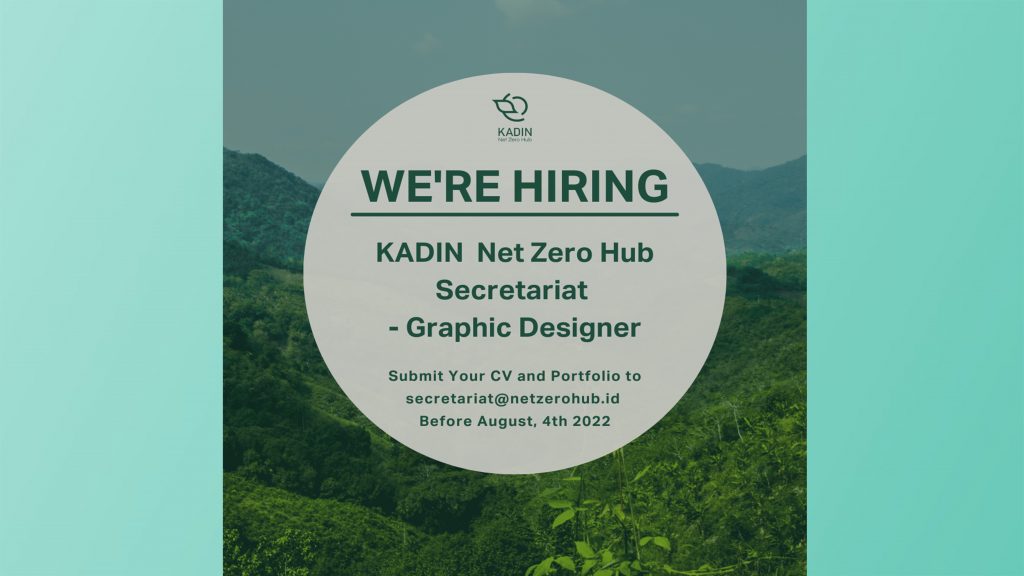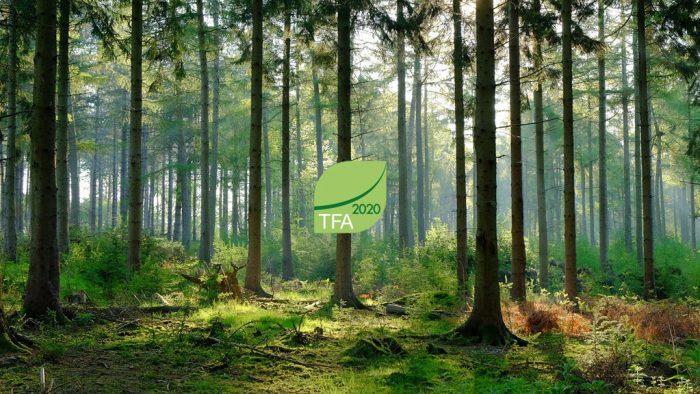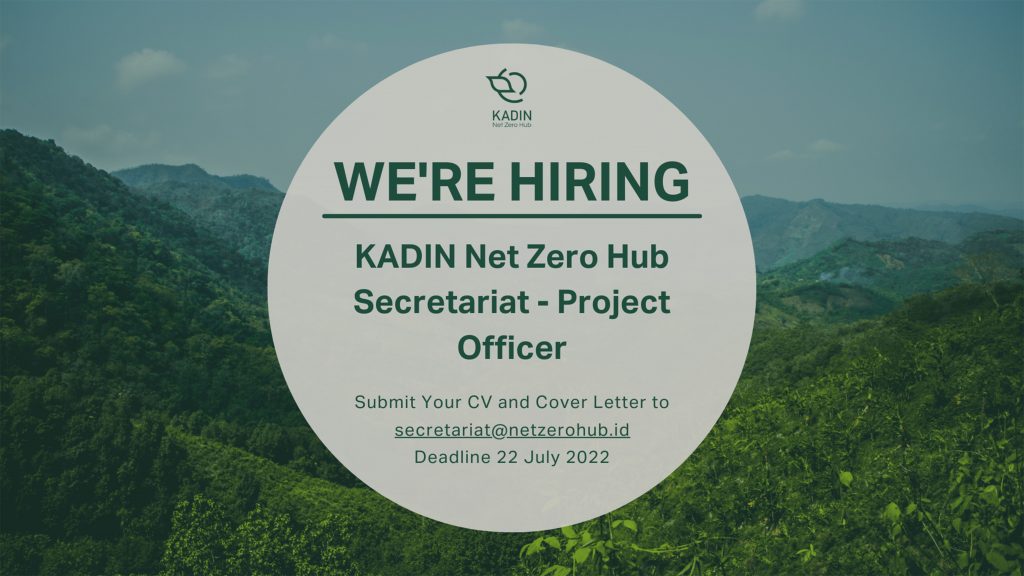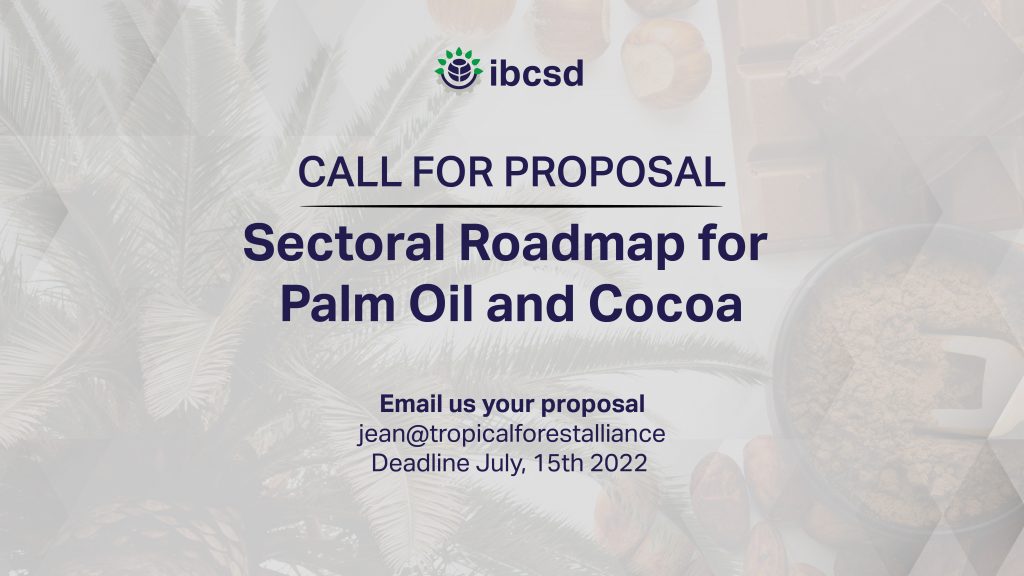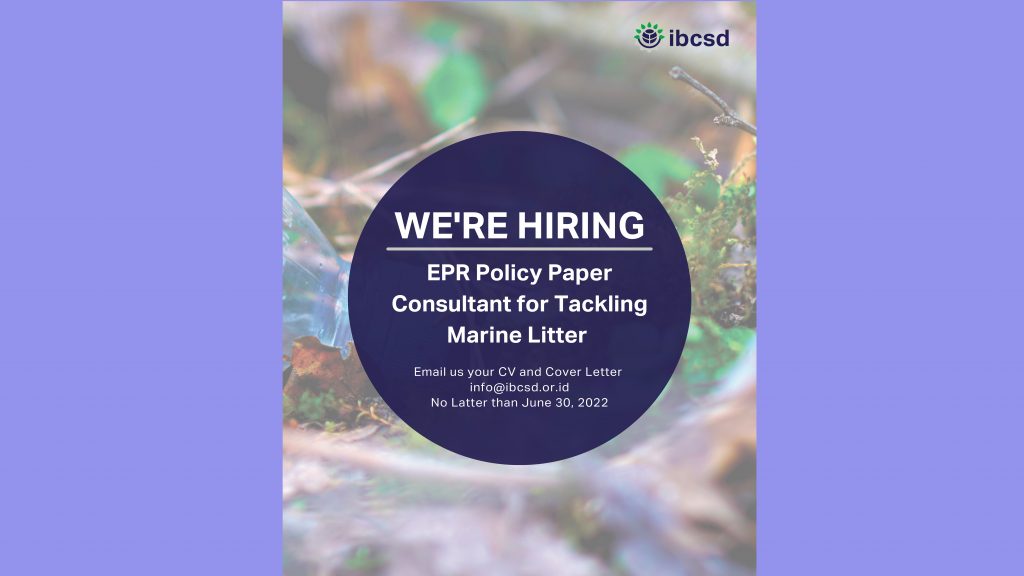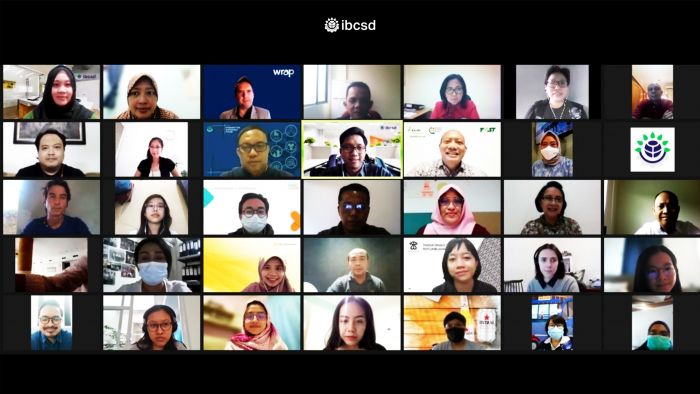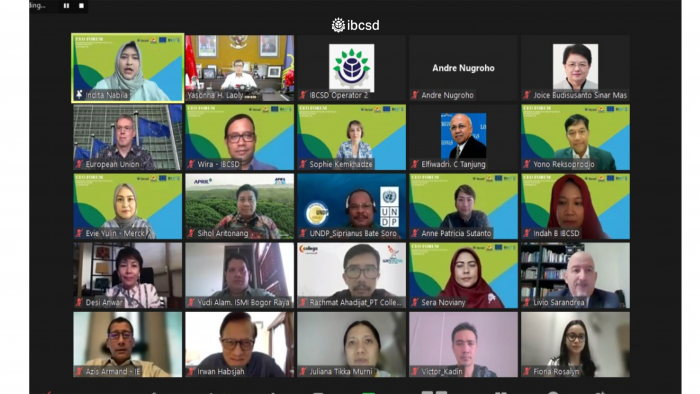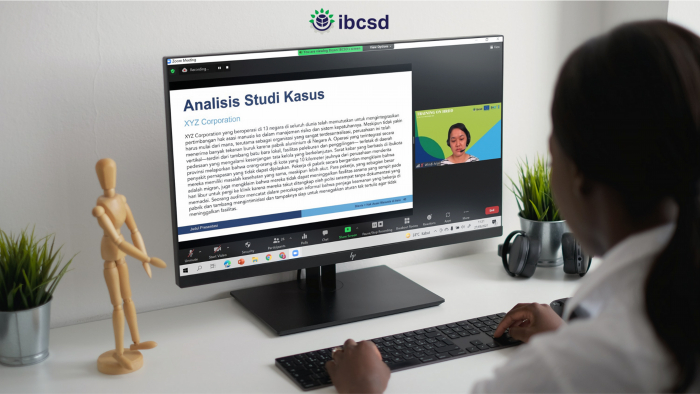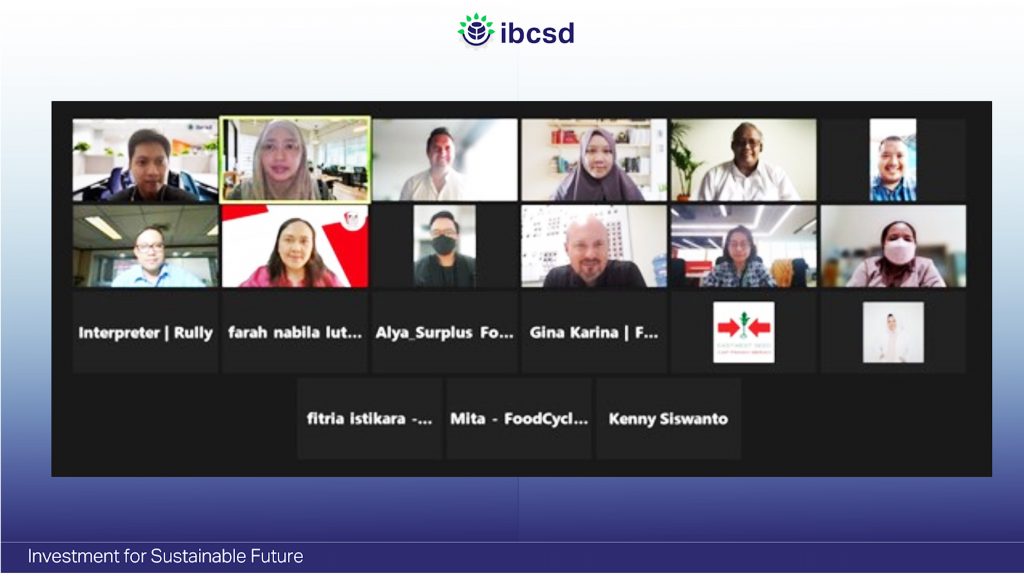
Optimizing Food Donations to Halve Food Loss and Waste
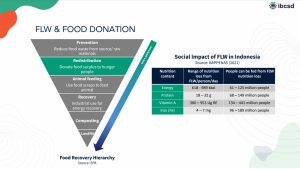
According to the EPA, one of the six ways of reducing food loss and waste that companies can do is through the redistribution of food surplus, also known as a food donation. This activity connects companies, individuals, or donors who have excess product absorption in the market to do good things by distributing surplus products that are still feasible to surrounding communities in need.
In addition, Michael Jones, International Program Manager of WRAP UK in the food donation working group discussion, also shared his experiences while handling the FLW program in the UK. In the UK, WRAP has a Courtauld Commitment 2030, a UK success story – a voluntary agreement that enables collaborative action across the entire UK food chain to deliver farm-to-fork reductions in food waste, greenhouse gas (GHG) emissions, and water stress that will help the UK food and drink sector achieve global environmental goals.
He mentioned that there are several key drivers that encourage companies to make food donations, such as cost, corporate social responsibility, beneficiaries, and ease of implementation. However, in practice, sometimes challenges arise regarding product recalls, product damage, close or past sell-by dates, quantity, product ownership, product ownership, safety, and traceability, brand integrity, safety, and traceability, and incorrect labels. To help other companies around the world, WRAP has documented how to overcome these challenges on its website.
The one-hour discussion was attended by representatives from Nutrifood, Superindo, Great Giant Foods, FoodBank of Indonesia (FOI), FoodCycle Indonesia, Aksata Pangan, FoodBank Bandung, Surplus Indonesia, and East-West Seed.
Find out more in https://grasp2030.ibcsd.or.id/
